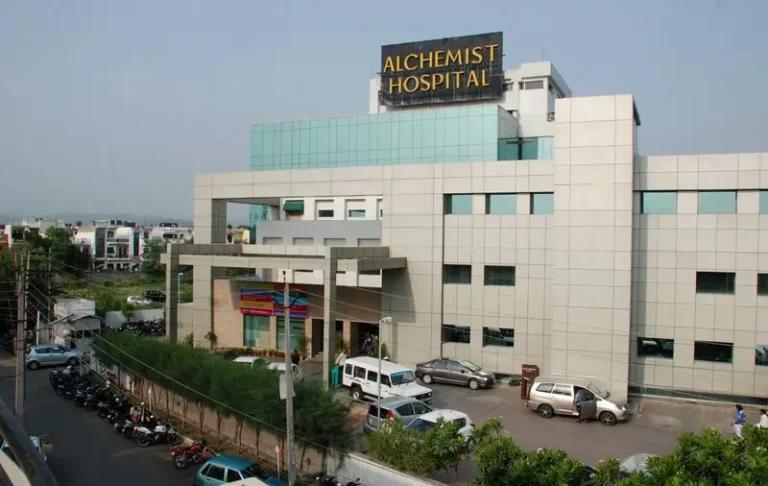In a judgment delivered on November 6, the Supreme Court ruled that a clause labeled as “arbitration” in a software implementation agreement between Alchemist Hospitals Ltd. and ICT Health Technology Services was not a genuine arbitration clause. The Court upheld the Punjab and Haryana High Court’s earlier order, effectively directing the parties to resolve their dispute before a civil court instead of an arbitral tribunal.
Background
Alchemist Hospitals, based in Panchkula, had entered into an agreement in November 2018 to install ICT’s hospital-management software called HINAI Web. The software was supposed to streamline billing, diagnostics, and patient records. But according to the hospital, the system repeatedly malfunctioned.
Read also: Supreme Court Restores Land Decree After Finding First Appeal Decided in Favour of Deceased
The software was first launched in late 2018, pulled down, relaunched in January 2020, and again withdrawn in April 2020 due to unresolved issues. Alchemist then sought appointment of an independent arbitrator, arguing that Clause 8.28 of the agreement mandated arbitration between the parties.
However, ICT countered that the clause did not actually create a binding arbitration mechanism, but merely referred to internal negotiations between senior leaders of both companies.
Court’s Observations
A bench led by Justice Dipankar Datta examined Clause 8.28 closely. The clause required disputes to first be discussed informally, then mediated by the Chairmen of both companies, referred to in the text as “arbitrators.”
But the Court noted that the Chairmen were not neutral third parties. Instead, they represented the companies directly involved in the dispute.
The bench observed, “Mere use of the word ‘arbitration’ is not decisive. There must be a clear intent to refer disputes to a binding adjudicatory process.”
The Court emphasized that a key element of arbitration is that the decision of the arbitrator must be final and binding. Here, however, the clause explicitly stated that if the dispute remained unresolved within fifteen days, the parties would move to civil courts.
This showed, according to the Court, that the “arbitration” mentioned in the contract was simply an extension of internal dispute negotiation - not a true arbitration process under law.
The judges also rejected the argument that because ICT did not deny arbitration in its correspondence, an arbitration agreement should be assumed. The Court stated that where no arbitration clause exists in substance, later emails cannot create one.
Decision
The Supreme Court affirmed the High Court’s view that Clause 8.28 was not a valid arbitration agreement under Section 7 of the Arbitration and Conciliation Act.
The appeal was dismissed.
Alchemist Hospitals is now required to approach a civil court if it wishes to pursue its claims. However, the Court allowed the hospital to ask for exclusion of time under Section 14 of the Limitation Act - meaning the time spent in arbitration litigation may not be counted against limitation deadlines.
The judgment ended with the Court stating that each party will bear its own legal costs.
Case Title: M/s Alchemist Hospitals Ltd. vs. M/s ICT Health Technology Services India Pvt. Ltd.
Case Type: Civil Appeal (arising out of SLP (Civil) No. 19647/2024)
Court: Supreme Court of India
Bench: Justice Dipankar Datta & Justice Augustine George Masih
Decision Date: 6 November 2025













